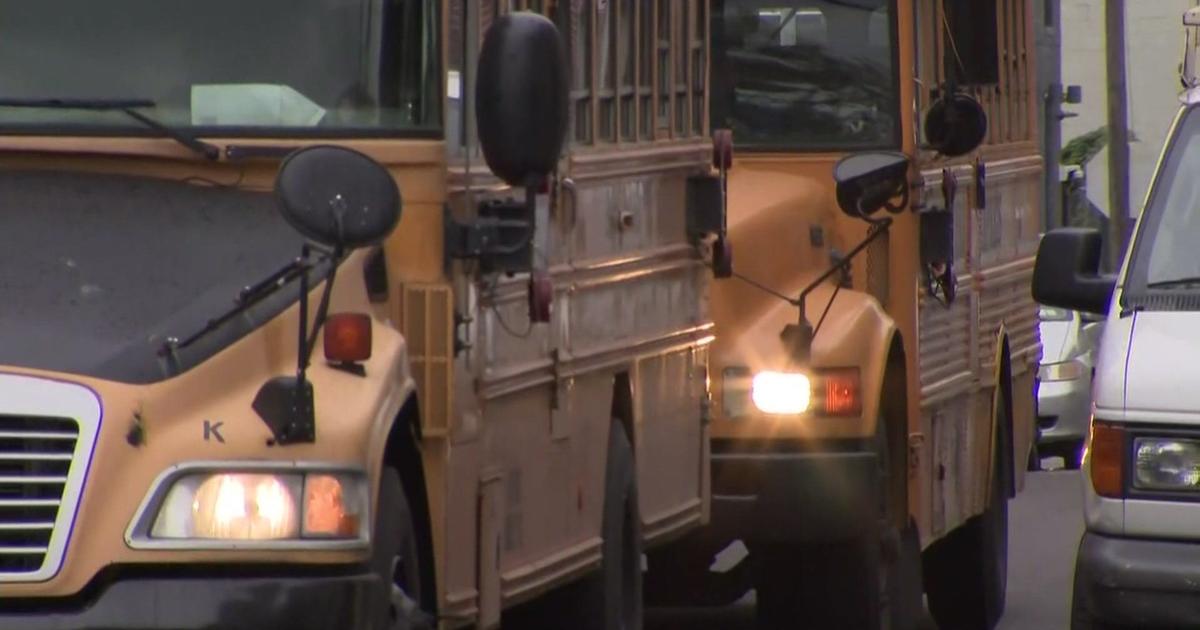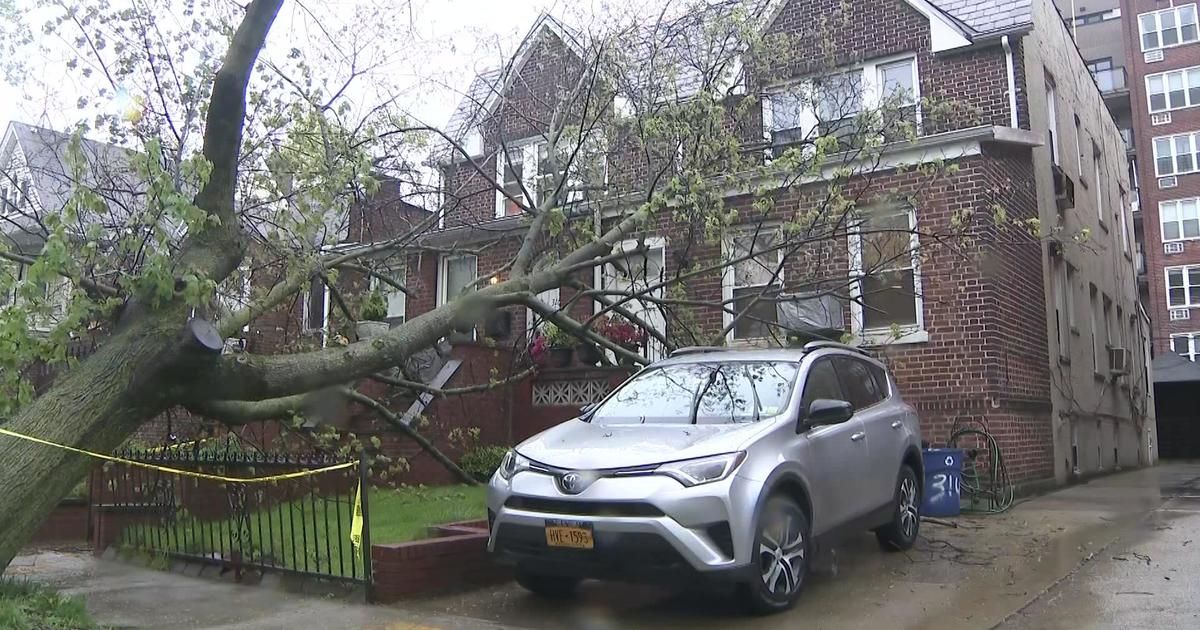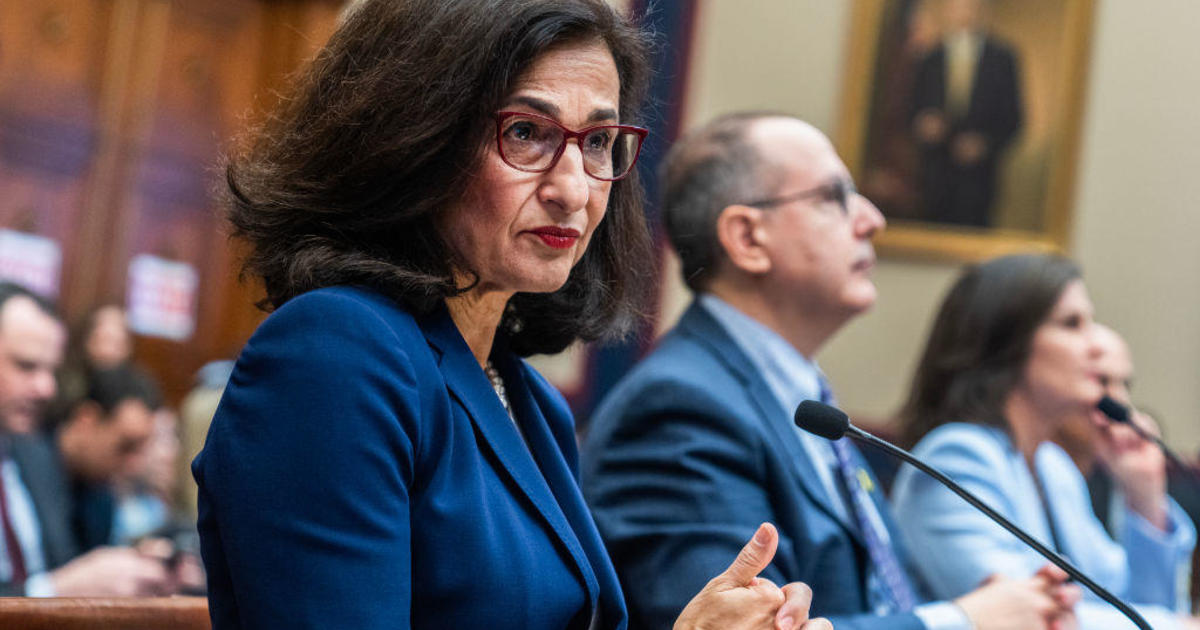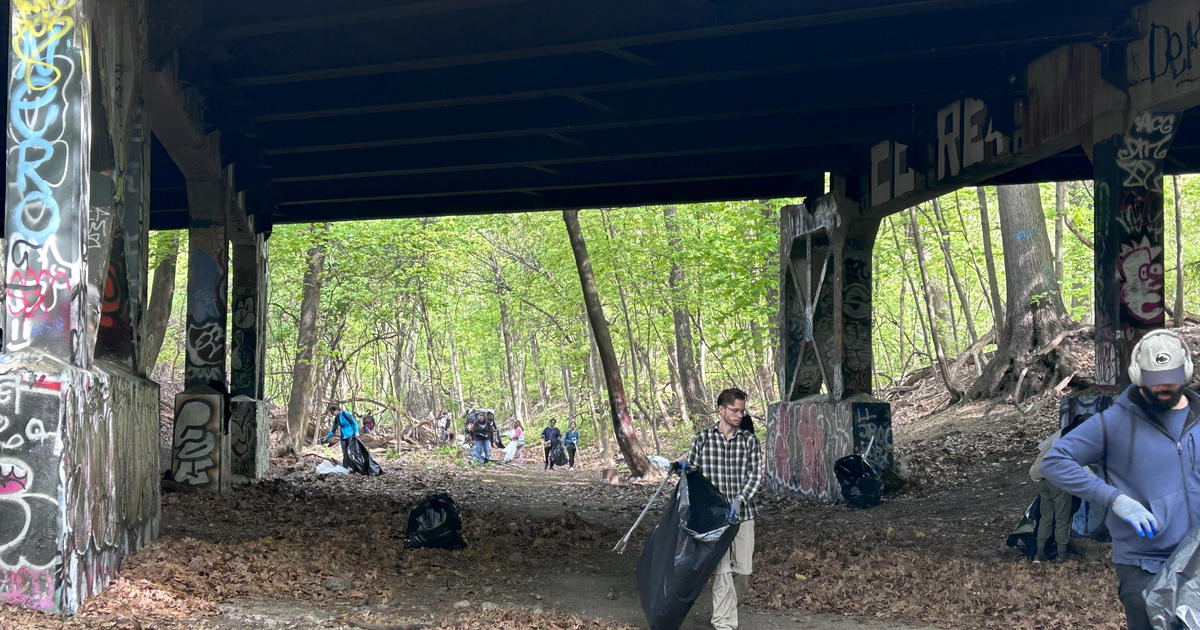Gov. Cuomo, NY Lawmakers Strike Deal On $168 Billion State Budget
ALBANY, N.Y. (CBSNewYork/AP) — Lawmakers in New York state passed a $168.3 billion state budget in the early hours Saturday that includes surcharges on taxi, Uber and Lyft rides in Manhattan and a new state sexual harassment policy written following the #MeToo movement.
Also included: new money for public schools and water quality and several tax changes intended to help New Yorkers negatively impacted by the new federal tax law.
Commuters can expect to see some upgrades around the city, with $254 million in operating aid going into the Metropolitan Transportation Authority to help improve service and decrease subway system breakdowns.
Straphangers say they hope to see that money put into action soon.
"Obviously that's much needed," one man told CBS2's Reena Roy at Grand Central Station. "The train service, especially on the weekends, is ridiculous."
"The more money you can but in infrastructure the better," Daniel Bramford said. "It's not as developed as it probably should be for the city."
Public housing will also receive a boon. Under the proposed budget, NYCHA will receive $250 million in new funding to improve conditions which the governor has long railed against. Last week, Cuomo visited NYCHA buildings in the Bronx and East Harlem and called the conditions "disturbing."
Lawmakers worked late into the night Friday to complete their work on the budget before the state's new fiscal year begins Sunday.
In detailing the deal, the Democratic governor cited the sexual harassment policy as one of the budget's best provisions.
"We have a national scandal," Cuomo said of the wave of allegations of workplace sexual harassment and misconduct in recent months. "New York should lead. That's our role."
The state comptroller's office praised the governor and legislature for reaching a budget deal on time, but noted there were still several areas of concern.
"As in years past, the budget negotiation process was mostly done behind closed doors, leaving the public in the dark about how taxpayer money will be spent," Comptroller Thomas DiNapoli's office said in a statement sent to the media Saturday.
DiNapoli promised a more detailed analysis of the budget in the coming weeks.
Here are some of the final proposals and complications that emerged in the final hours of negotiations:
___
NYC TOLLS: In an effort to address traffic congestion and raise money for mass transit, the state will impose surcharges of $2.50 on taxi rides south of 96th Street in Manhattan. Rides on Uber, Lyft and other ride-hailing services in the same zone would come with a $2.75 surcharge. Supporters see the surcharges as just the first phase of a plan to roll out new congestion tolls on private vehicles in future years.
The money will go to efforts to repair and upgrade New York City subways.
"Long term we need a funding stream for the MTA and congestion pricing, we believe, is a concept whose future has come," Cuomo said Friday night.
After the plan kicks in January of next year, officials expect to raise more than $400 million annually for the MTA, Roy reported.
"I think that's pretty crazy, that's not right. I feel that the MTA and Uber should have nothing to do with each other," commuter Anthony Pegues said.
"I get it, I'm a New Yorker, so I want this. But at the same time, I'm a consumer, so I don't want this," another man added. "I'm in between."
"I think it's fine to pay for the MTA. I mean, they need the money," said a woman.
The New York Taxi Workers Alliance came out against the plan, calling it "an attack on a workforce already in crisis."
Cab driver Arnold Proochansky said he strongly disagrees with the proposal.
"That's wrong," he said. "It's going to hurt the working class and the driver."
Ride-sharing giant Uber offered support for the plan.
"Uber supports the agreement between the Governor and the Legislature to target a per-trip fee on Manhattan riders where there is convenient access to public transit, and to adopt a first-in-the-nation tax discount on shared trips," the company said. "We will continue to advocate for the adoption of a comprehensive congestion pricing plan that is applied to all vehicles because it is the best way to fully fund mass transit and reduce traffic in the central business district."
Competitor Lyft also offered praise for the proposal, but said in a statement "congestion will not be fully addressed until the Governor and Legislature enact a comprehensive plan that also addresses all commercial vehicles and the real issue driving congestion: personal vehicles."
"We look forward to continuing to work with the Governor and the Legislature on implementing the comprehensive recommendations as outlined in the FixNYC plan to ensure New Yorkers have access to a spectrum of affordable, reliable, and convenient transportation options," the statement continued."
___
NEW HARASSMENT POLICY
The uniform policy includes protections for employees of state and local governments, as well as state contractors and freelancers. It also prohibits secret harassment settlements involving state officials, and directs state labor officials to create a new standard for sexual harassment policies for private companies. Cuomo said the policy is the first of its kind in the nation, and a powerful response to the recent national attention on sexual misconduct in the workplace.
The new policy was a priority for lawmakers in both chambers.
"That's a major victory for all New Yorkers," said Sen. Catharine Young, R-Olean, one of the authors of the sexual harassment provisions and the Senate's budget chairwoman. "It has several provisions in it that are going to protect everyone across the board."
Some in the Legislature say the policy doesn't go far enough in protecting workers from inappropriate workplace behavior.
Sen. Liz Krueger, a Manhattan Democrat who has been pushing for her colleagues to crack down on sexual harassment in state government, said she was "very disappointed" with the final measure because it wasn't broad enough.
Deeming the legislation a "really good try," Krueger added: "I just wish we had gotten farther here today."
___
OPIOID TAX: Opioid manufacturers and distributors will pay a fee expected to raise some $100 million annually for efforts to combat addition. The specific fee for each company would be based on market share.
___
TAX CHANGES: Cuomo pushed to include some tax measures to help ease the pain of the new federal tax code for homeowners expecting to see their taxes go up. The new federal law caps a deduction for state and local taxes that is especially popular in high-tax states like New York. Under Cuomo's plan, the state would offer tax credits to individuals who make charitable contributions to public education or health care programs. The state also will allow companies to pay a payroll tax in lieu of their employee's income taxes. Salaries would be adjusted accordingly.
___
EDUCATION SPENDING: The new budget deal calls for $1 billion in additional spending on K-12 education, for a total of $27 billion.
___
LEGISLATIVE PAY
One budget provision will create a new legislative pay commission to determine whether members of the Senate and Assembly deserve a pay raise.
Lawmakers now make a base salary of $79,500 and haven't seen an increase since the late 1990s. Many lawmakers — particularly Assembly members from New York City — say their salaries haven't kept up with inflation.
A commission created in 2016 ultimately voted against a pay increase.
(© Copyright 2017 CBS Broadcasting Inc. All Rights Reserved. The Associated Press contributed to this report.)



